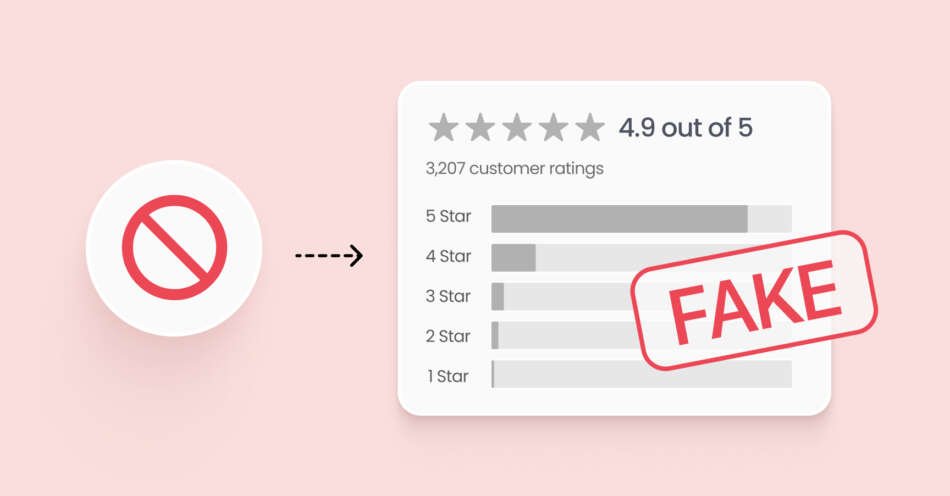In the digital age, online reviews and testimonials are a powerful force influencing consumer decisions. Businesses rely on positive feedback to build trust, but what happens when testimonials are written by real people—yet still fake? The practice of using “fake testimonials from real people” has become a widespread issue, blurring the lines between authenticity and deception.
What Are Fake Testimonials from Real People?
Unlike completely fabricated reviews written by bots or anonymous users, fake testimonials from real people involve genuine individuals endorsing a product or service they’ve never actually used. These reviews may come from paid actors, influencers, or even existing customers who are incentivized to exaggerate their experiences.
Common Ways These Fake Testimonials Appear:
- Paid Reviews – Companies pay real people to leave positive feedback, regardless of their actual experience.
- Influencer Endorsements Without Experience – Social media influencers often promote products they haven’t personally used, misleading their followers.
- Employee-Written Testimonials – Some businesses ask their employees to write glowing reviews under fake identities.
- Review Swaps – Businesses exchange positive testimonials with other companies to boost their credibility artificially.
Why Do Businesses Use Fake Testimonials?
The competition for online visibility is fierce, and businesses often resort to unethical practices to gain an edge. Here’s why some companies use fake testimonials:
- Boosting credibility – A large number of positive reviews can increase consumer trust.
- Higher conversions – Studies show that consumers are more likely to purchase from brands with positive testimonials.
- SEO benefits – Testimonials and reviews can enhance a website’s search rankings.
- Beating competitors – Some brands use fake testimonials to overshadow their rivals.
The Consequences of Fake Testimonials
While fake testimonials may provide short-term benefits, they come with significant risks:
- Loss of trust – If customers discover the truth, a brand’s reputation can be permanently damaged.
- Legal consequences – Many countries have strict laws against misleading testimonials, leading to hefty fines.
- Negative SEO impact – Search engines like Google penalize websites caught using deceptive marketing tactics.
- Inauthentic brand image – Relying on fake testimonials prevents businesses from improving based on genuine customer feedback.
How to Spot Fake Testimonials
To protect yourself from misleading reviews, look for these red flags:
✅ Generic language – Vague praise without specific details about the product or service.
✅ Overly positive tone – Unrealistically glowing reviews that sound too good to be true.
✅ Similar phrasing across multiple reviews – Identical wording on different platforms indicates mass-produced testimonials.
✅ No profile pictures or vague identities – Fake reviews often come from anonymous or recently created accounts.
✅ Lack of negative feedback – A company with only perfect reviews may be manipulating testimonials.
How Businesses Can Build Authentic Testimonials
Rather than resorting to fake testimonials, companies should focus on ethical and effective strategies:
- Encourage real customer feedback – Ask satisfied customers to share their honest experiences.
- Use video testimonials – Authenticity is easier to verify when customers appear on camera.
- Offer incentives for honest reviews – Discounts or perks for genuine feedback (without requiring positivity).
- Engage with customer concerns – Addressing negative feedback shows transparency and builds trust.
Final Thoughts
Fake testimonials from real people are a growing concern in the online world, misleading consumers and damaging brand credibility in the long run. Businesses that focus on authentic customer experiences and ethical marketing will always stand out and gain lasting trust. As consumers, being aware of these deceptive tactics helps us make more informed purchasing decisions.


